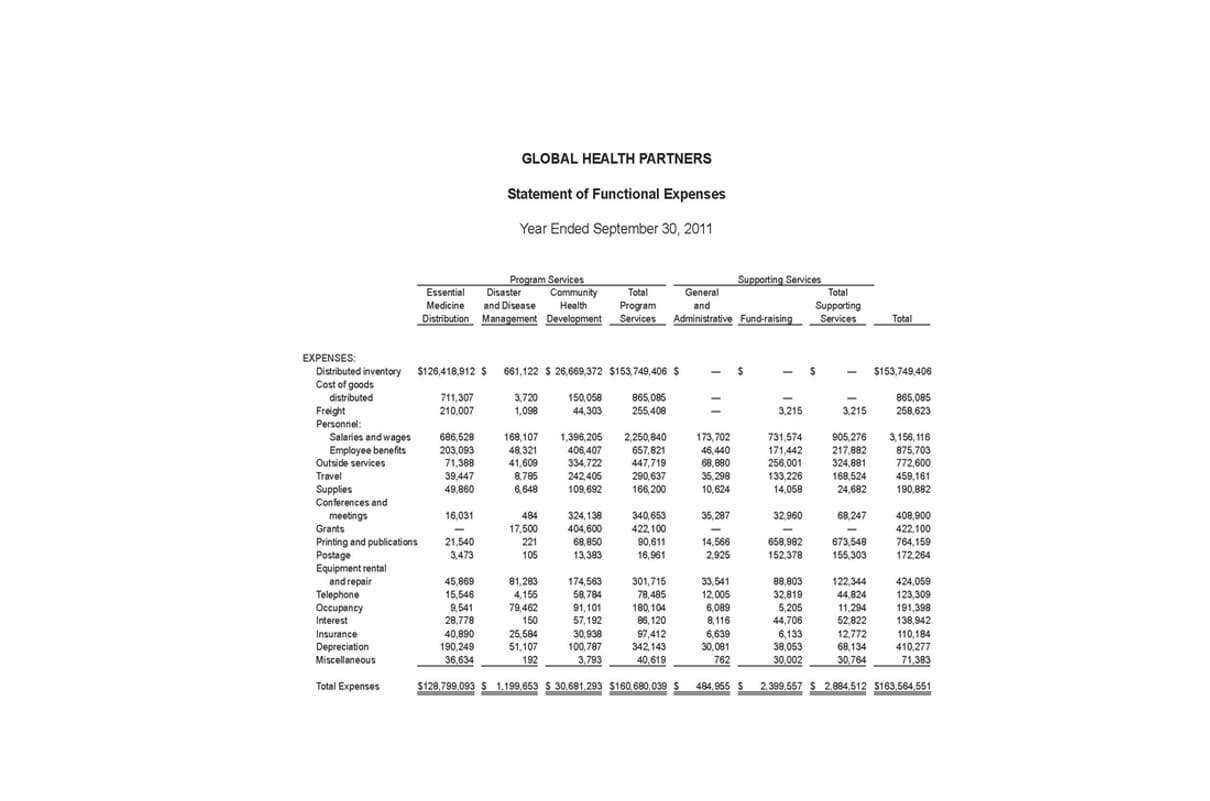
When you get started in keeping books, here are 10 key things you should do. Running a small business is a lot more complex than most would want to acknowledge. There are many rules and regulations (not to mention exceptions to the rules) that you as a small business owner are supposed to know. Don’t forget to get a big-picture view of your business once in a while. You’ll be able to choose the areas of the business you want to focus more effort on, identify trends as they appear over time, and observe how new projects are impacting your bottom line. At this point, you can work on developing and adjusting your business strategy.
- For example, calculating sales tax and tax obligations can be tricky, especially when you have to factor in discounts, promotions, and varying prices.
- The software must have enough reports that can be generated with a few clicks.
- And now that you know how to keep books for small business, you can use this timing to your advantage.
- Individuals who are successful bookkeeping professionals are highly organized, can balance ledgers accurately, have an eye for detail and are excellent communicators.
- For example, by tracking how much you spend producing individual products, you can ascertain which ones are the most expensive to produce.
- Once you’ve found your groove and got a solid foundation from bookkeeping, then you may consider how an accountant could help you power up your small business with more knowledge of its finances.
Open a separate business bank account
QuickBooks Online is generally easier to use than QuickBooks Desktop as it has a more streamlined user interface. QuickBooks Online files are also easier to share because you only need to invite small business bookkeeping a ProAdvisor to your company file, and they’ll have 24/7 access to your books. In our test of Wave, we especially liked how easy it was to build custom invoice and estimate templates.
Record Transactions
If learning the ropes of small-business bookkeeping sounds intimidating, have no fear. Discover the different options available to you, and why it’s so important to keep detailed financial records. The specific answer to this question can vary somewhat depending on the extent of bookkeeping services your company needs, and how often you require the services of a small business bookkeeper. For full-time bookkeepers, the average annual salary sits around $77,000, according to Glassdoor.

Business Accounting Software FAQs
- You will be able to see from reports who owes you money immediately and some even come with built-in email reminders so you can automatically chase money owed to you.
- With the cost of materials rising, it is assumed the most recently acquired items cost more, and so will be less profitable.
- An accountant or bookkeeper can manage your financial records, leaving you with more time to focus on growing your business.
- Take advantage of Catch-Up Bookkeeping, and you’ll never feel behind on your books again.
- The general ledger then becomes the master financial document for your business with columns for the name of the transaction, debits and credits, and the dollar amount, along with a running balance.
- An exit strategy also allows you to get the most value out of your business when it’s time to sell.
- Double-entry is more complex, but also more robust, and more suitable for established businesses that are past the hobby stage.
Select a bookkeeping system that is suitable for your business’s needs. This could range from a detailed spreadsheet to sophisticated cloud-based accounting software. The right system will streamline your bookkeeping process and will save you hours of frustration.
It helps you catch errors quickly
Bookkeeping beginners need quick wins to get started quickly and efficiently. The tips below are industry standards that will help any small business excel at bookkeeping. You will also need to keep any P60s in relation to any paid employment, and details of any other earned income that is neither employment income or sole trade income. If you have rental properties for example you will need to keep accounts of income and expenditure for them. If Making Tax Digital is of no concern or you will worry about it later then you could find a range of small business bookkeeping templates online. This will come at a cost so being VAT registered will ultimately end up costing your small business money in either your time or the cost of external support.
- Get up and running with free payroll setup, and enjoy free expert support.
- Automation can provide enormous time savings for finance departments that total thousands of hours annually, which is another reason to consider implementing accounting software.
- If you decide to grow your business or sell to consumers, you’ll need to transition to the accrual method to meet generally accepted accounting principles (GAAP).
- If you deplete other assets, or if you add liability or equity, those transactions are credits.
- This means assets like cash, equipment, and inventory (physical), along with intellectual property or patents (nonphysical).
If you bill a customer today, those dollars don’t enter your ledger until the money hits your bank account. Most accounting software today is based on double-entry accounting, and if you ever hire a bookkeeper or accountant to help you with your books, double-entry is what they’ll use. Even if you aren’t planning on growing any time soon, you need to have a sense of how much money is coming in versus what is going out.
Average cost valuation
To understand the difference between these two methods, take this example. You ordered the parts in January, and the manufacturer sent you an invoice that same month. However, you don’t actually pay the fee until you’ve received the parts, in February.
- Let’s explore the compelling reasons that underscore the significance of precision in bookkeeping.
- Let’s face it, the phrase “accurate bookkeeping” might sound as exciting as watching paint dry.
- If you’re not making enough money to cover your costs, you need to either reduce your expenses or find ways to increase your revenue.
- To track your business’s financial health, having a bookkeeping system can help you stay organized and aware of where you stand each week and month.
- Fortunately, small business owners don’t need to be experts in mathematics to find success when doing their own bookkeeping.
- To do this, you will need to be using some form of bookkeeping solution whether that be Excel or an online bookkeeping solution.
- A scalable business model is one that can be replicated easily to serve more customers without a significant increase in expenses.
Tracking for Billable Hours
